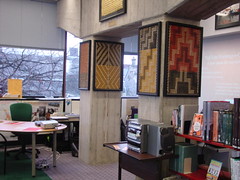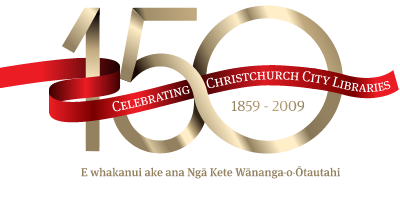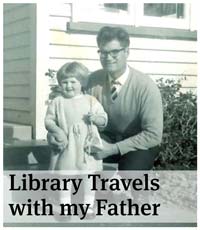Library staff get artistic with anniversary panels
Leonie Miller, librarian at Upper Riccarton Library had heard of tukutuku panels before and seen them on mārae, but had never had the chance to make one herself. During the 150th celebrations, with the support of Paula Rigby, (Christchurch City Council Māori Arts Advisor), and Aurelia Arona, (Kaitakawaenga, Māori Services, Programmes Events and Learning Team, CCL), she became a tukutuku enthusiast, leading her team to create their very own panel.
The Upper Riccarton team was one of 33 library teams who created their own unique panel, to commemorate the 150th anniversary of public library service in Christchurch. The completed tukutuku panels adorn the walls of the libraries and teams throughout the network and reflect their team’s history, location or values.
 The project was an exciting development for the Council, being the first time a Māori art project has been completed on such a large scale and managed internally by a whole Council unit. In 2001-2002 Library customers and staff worked with Nga Puna Waihanga-Waitaha Tai Poutini to create 19 traditional tukutuku panels which are now on display in Ngā Pounamu Māori in Central Library. During the 150th Tukutuku project library customers also had an opportunity to contribute at the community tukutuku sessions as part of Matariki celebrations.
The project was an exciting development for the Council, being the first time a Māori art project has been completed on such a large scale and managed internally by a whole Council unit. In 2001-2002 Library customers and staff worked with Nga Puna Waihanga-Waitaha Tai Poutini to create 19 traditional tukutuku panels which are now on display in Ngā Pounamu Māori in Central Library. During the 150th Tukutuku project library customers also had an opportunity to contribute at the community tukutuku sessions as part of Matariki celebrations.
Tukutuku is a traditional woven Māori art form often used to record or signify, events, histories or anything of significance to its creators. The making of traditional tukutuku panels is bound by strict cultural protocols affecting the whole process from harvesting of the native plants used for the weaving through to the physical process of the weaving, their design and display. The 150th anniversary tukutuku panels are non-traditional, made with contemporary materials and which made the process easier and enabled wider participation.
The impetus for the tukutuku panels came from the 150th anniversary Project Team who were looking for a bicultural activity to celebrate their milestone year.
“We wanted to highlight our commitment to bi-culturalism, involve staff and customers and end up with something that was visually appealing and meaningful. Paula and Aurelia came up with the tukutuku project – which pulled all of those components together wonderfully”. 150th Anniversary Project Sponsor, Bev Prout said.
Related pages
- Library 150th tukutuku panels
- Tukutuku Panels - Shirley Library has won the online poll
- Tukutuku panels set to be revealed, Media Release, 22 July 2009
- Library staff get artistic with anniversary panels, Media Release, 20 April 2009



